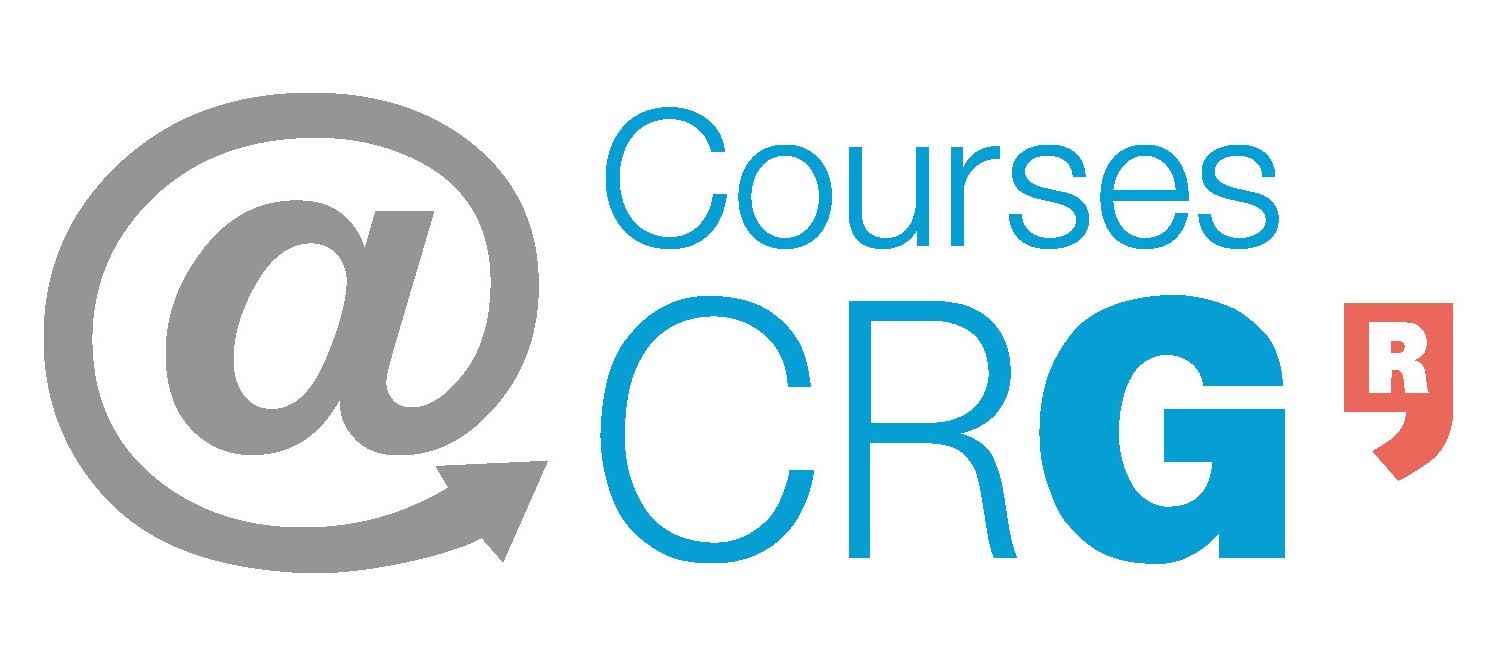

Reproducible Research and Data Analysis using Nextflow Pipelines



01 November 2021




For-profit: 600 CHF

This course is oversubscribed, therefore closed. You are welcome to register to the SIB courses mailing list to remain informed of all future courses and workshops, as well as all important deadlines using the form here.
Overview
Nextflow is a powerful polyglot workflow language that, provides a robust, scalable and reproducible way to run computational pipelines. In very practical and interactive sessions, participants will learn about Nextflow technology starting from basic through more advanced concepts, with the expectation they will acquire the proficiency to develop and deploy their own workflows.
This 4-half-day course, taught by CRG scientists, will train participants to build Nextflow pipelines and run them with Singularity containers. it is designed to provide participants with short and frequent hands-on sessions, while keeping theoretical sessions to a minimum.
A GitHub repository will be provided with all the necessary material and software as well as Amazon Web Services (AWS) cloud instances for running the deployments in the relevant practical sessions.
Audience
This hands-on course is designed for absolute beginners who want to start using Nextflow to achieve reproducibility of data analysis.
Learning outcomes
At the end of the course, participants are expected to be able to:
- Locate and fetch Docker/Singularity images from dedicated repositories.
- Execute/Run a Docker/Singularity container from the command line.
- Locate and fetch Nextflow pipelines from dedicated repositories.
- Execute/Run a Nextflow pipeline.
- Describe and explain Nextflow's basic concepts.
- Test and modify a Nextflow pipeline.
- Implement short blocks of code into a Nextflow pipeline.
- Develop a Nextflow pipeline from scratch.
- Run a pipeline in diverse computational environments (local, HPC, cloud).
- Share a pipeline.
Prerequisites
Knowledge / competencies
Applicants should be comfortable working with the CLI (command-line interface) in a Linux-based environment. You can test your skills with Unix with the quiz here. If you do not feel comfortable with UNIX commands, you can refresh your knowledge with our Unix fundamentals e-learning module.
Participants will need to connect during the course to a remove server via the "ssh" protocotol. You can learn on how does ssh work here.
Participants should be able to use a command-line/screen-oriented text editor (such as nano or vi/vim, which are already available in the server) or to be able to use an editor able to connect remotely. For your information, here are the basics of nano.
Knowledge of containers is not mandatory; however, having followed a course on containers such as the one from SIB is advised. The course materials is online in the dedicated GitHub page for self-learning.
Technical
Participants are required to bring your own laptop. They will work in a dedicated Amazon Web Services environment. Having a GitHub account is recommended.
Application
This course is oversubscribed, therefore closed.
The registration fees for academics are 120 CHF and 600 CHF for for-profit companies.
Applications need to contain a few words about you and the motivtation for you to follow this course (use the "Comment" field in the application form).
You will then be informed by email of your registration confirmation. Upon reception of the confirmation email, participants will be asked to confirm attendance by paying the fees within 5 days.
Deadline for free-of-charge cancellation is set to 01/11/2021. Cancellation after this date will not be reimbursed. Please note that participation in SIB courses is subject to our general conditions.
Venue and Time
This course will be streamed via Zoom from Lausanne and Barcelona.
The course will start at 13:00 and end at 17:30 CET. Precise information will be provided to the participants in due time.
Schedule
Day 1: Introduction to Nextflow and Linux containers
Day 2: Understand and run a basic Nexflow pipeline
Day 3: Write, modify and run a complex pipeline
Day 4: Run a Nextflow pipeline in different environments, share, and report
Additional information
Coordination: Diana Marek - Training group, SIB Swiss Institute of Bioinformatics
Main trainers: Luca Cozzuto, Toni Hermoso, Julia Ponomarenko - Bioinformatics Unit, Centre for Genomic Regulation (CRG), Barcelona, Spain
Co-trainers: Athanasios Baltzis, Jose Espinosa, Edgar Garriga, Suzanne Jin, Bjorn Langer, Leila Mansouri, Alessio Vignoli - Comparative Bioinformatics (C. Notredame lab), Centre for Genomic Regulation (CRG), Barcelona, Spain and Emilio Palumbo - Computational Biology of RNA Processing (R. Guigó lab), Centre for Genomic Regulation (CRG), Barcelona, Spain

We will recommend 0.5 ECTS credits for this course (given a passed evaluation).
You are welcome to register to the SIB courses mailing list to be informed of all future courses and workshops, as well as all important deadlines using the form here.
Please note that participation in SIB courses is subject to our general conditions.
SIB abides by the ELIXIR Code of Conduct. Participants of SIB courses are also required to abide by the same code.
For more information, please contact training@sib.swiss.